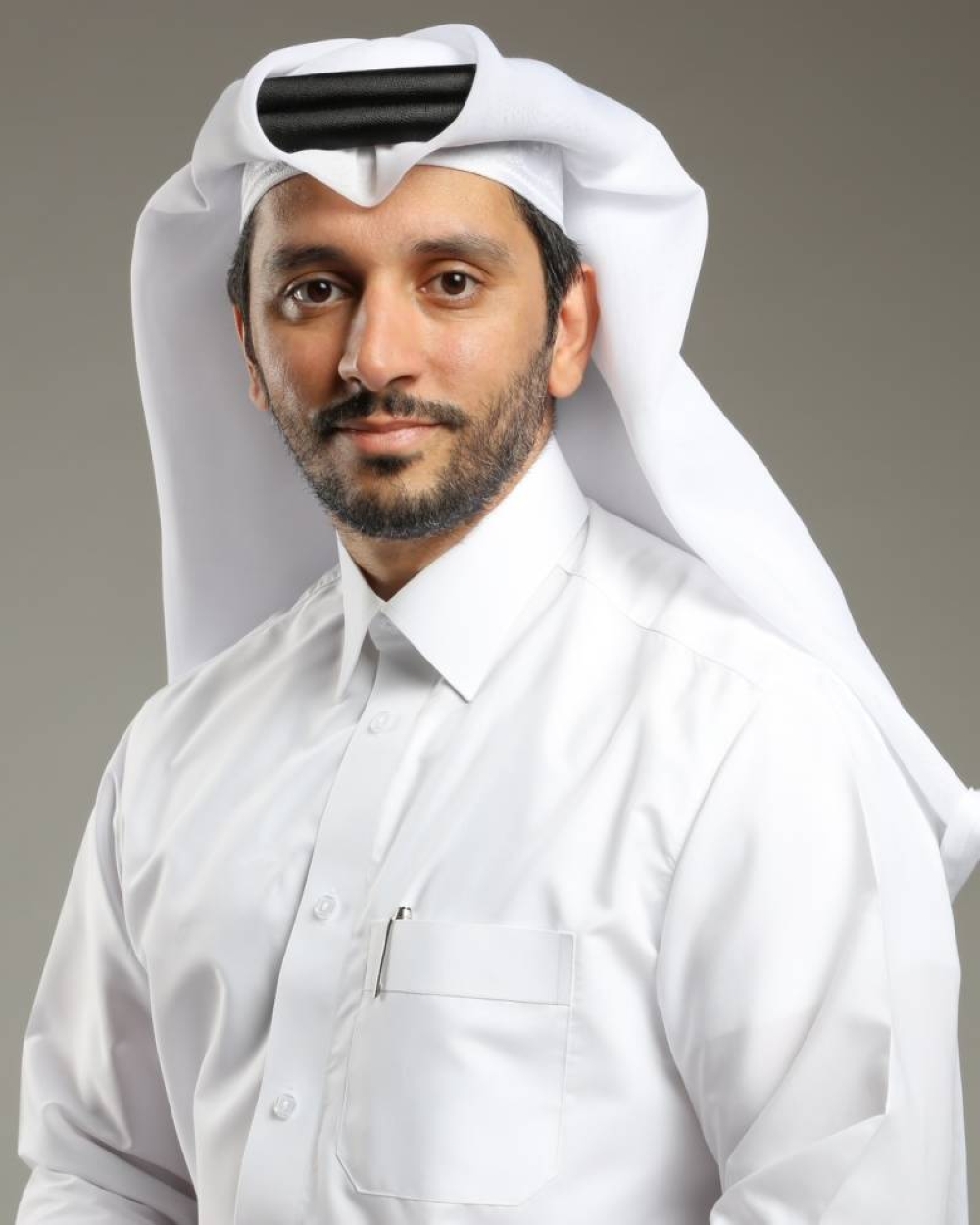There are many geopolitical risks at the start of 2024, discussed at the World Economic Forum’s summit in Davos. The impact of each one can be impossible to anticipate, so it helps to stay open-minded and responsive
The beginning of the year is as good a time as any to take an overview of the challenges facing the world. January is the month in which many of the world’s leaders gather in the Swiss town of Davos for the annual summit of the World Economic Forum to engage in such an exercise.
It is never possible to anticipate the scale or nature of emerging risks with precision. In January 2020, for example, there was only a little concern regarding the spread of a new coronavirus, yet the Covid-19 pandemic and associated lockdowns ended up having more social and economic impact that year than anything else.
Four years on, conflict in the Middle East is probably the biggest source of concern while Covid-19 is becoming a memory. Israel shows no sign of backing down in its military campaign to annihilate Hamas, with huge cost of civilian life, while Hamas resists fiercely and still holds hostages. The attacks by Houthi forces on shipping in the Red Sea, and retaliatory attacks by Western powers on Houthi bases in Yemen, are a direct consequence. While Qatar mediated to arrange a ceasefire in Gaza and return of some of the hostages in November, that truce turned out to be short-lived. Meanwhile, tension has erupted between Iran and Pakistan, with armed forces from both sides firing at alleged terrorist groups in the other’s territory.
Containing or preventing regional conflicts was a major concern at Davos, and it took its place in the agenda alongside commercial and other economic issues, such as the rise of artificial intelligence, other technologies, the prospects for interest rates and economic growth. At least the world has escaped the recession that was feared a year earlier, and the cost-of-living crisis is lessening.
Most of the world is not at war, and the many elections due to be held in 2024 will almost certainly see a peaceful transition of power if the defending government is defeated, and much trade will carry on as normal. Around half the world’s population will head to the polls in 2024. National elections will be held in the US, India, Mexico, and South Africa, along with elections for the European Union’s Parliament. A general election in the United Kingdom has not yet been confirmed, but is due to take place towards the end of the year.
Many commentators, both at Davos and elsewhere, are concerned about Donald Trump becoming US president, which looks increasingly likely. Given that he has already served for four years, the fear would seem over-stated, at least superficially. But his second term, assuming he is elected, could be very different. Internally, he has signalled an intention to seek retribution on his enemies in politics, and his regime is likely to be hostile to immigrants.
On foreign affairs, Trump has announced that he will appease Putin in Russia and seek a swift end to the conflict in Ukraine, but President Zelensky and the European Union are aware of this and are planning contingency. The impact on global trade and business both of a Trump presidency may turn out to be limited – he is pro-business and pro-oil, for example. He has proposed import tariffs but these are unlikely to be significantly disruptive to trade. Trump is, however, an unpredictable character.
The CEO of the Qatar Investment Authority Mansoor Ebrahim al-Mahmoud, interviewed by Bloomberg TV at the Davos summit, reiterated the pragmatism of the sovereign wealth fund by reaffirming its commitment to a long-term investment policy, and will not be influenced by headlines and short-term trends. The QIA has identified Europe and Japan as regions with investment potential, while the US remains the most significant destination for investment. The fund has a global perspective. In terms of sectors, he highlighted the importance of AI and healthcare, enterprise software and digitalisation.
The Davos meeting is often described negatively, as a talking shop for the ultra-elite. Yet the elite will always be with us, and it is better that they talk to each other than fail to engage.
The author is a Qatari banker, with many years of experience in the banking sector in senior positions.

Fahad Badar
